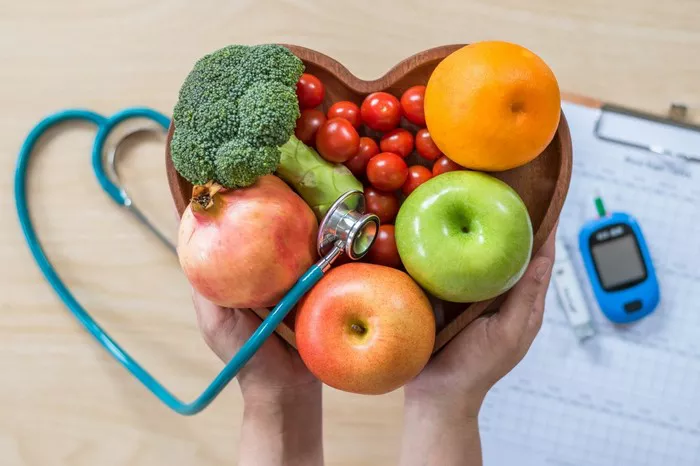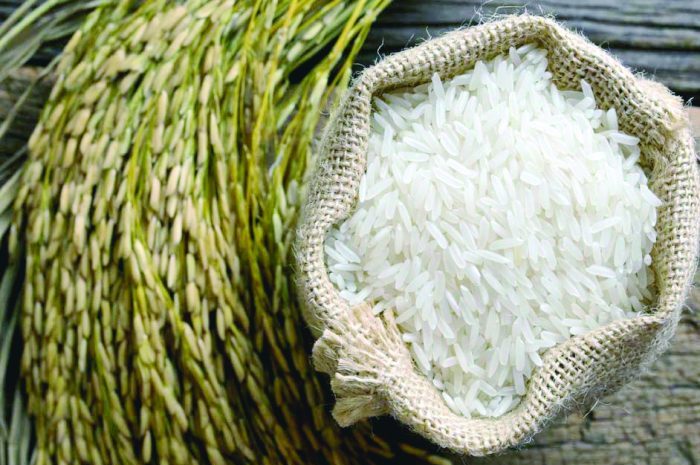When it comes to managing type 2 diabetes, diet plays a crucial role in controlling blood sugar levels and promoting overall health.
Fruits are an essential component of a balanced diet, providing essential nutrients, fiber, and antioxidants. However, not all fruits are created equal when it comes to diabetes management.
In this comprehensive guide, we’ll explore the best fruits for individuals with type 2 diabetes, offering insights into their nutritional benefits, glycemic index (GI), and practical tips for incorporating them into a diabetes-friendly diet.
Understanding Type 2 Diabetes:
Type 2 diabetes is a chronic metabolic disorder characterized by insulin resistance and impaired insulin secretion. In individuals with type 2 diabetes, the body’s cells become resistant to the effects of insulin, leading to elevated blood sugar levels. While genetics and lifestyle factors play a role in diabetes risk, diet is a modifiable factor that can significantly impact blood sugar control and disease management.
Nutritional Considerations for Diabetes:
When selecting fruits for a diabetes-friendly diet, it’s essential to consider their carbohydrate content, glycemic index, and overall nutritional profile. Carbohydrates are the primary nutrient that affects blood sugar levels, so choosing fruits with a lower carbohydrate content can help prevent spikes in blood sugar.
Additionally, fruits high in fiber, vitamins, minerals, and antioxidants are preferred, as they offer numerous health benefits and support overall well-being.
Best Fruits for Type 2 Diabetes:
1. Berries:
Berries, such as strawberries, blueberries, raspberries, and blackberries, are excellent choices for individuals with type 2 diabetes. They are low in carbohydrates and calories but packed with fiber, vitamins, and antioxidants.
Berries have a low glycemic index, meaning they have minimal impact on blood sugar levels, making them ideal for diabetes management.
2. Apples:
Apples are rich in fiber, particularly soluble fiber, which helps slow down the absorption of sugar and promotes satiety. They also contain antioxidants, such as flavonoids and polyphenols, which have been shown to improve insulin sensitivity and reduce inflammation.
Choosing whole apples over apple juice or applesauce is recommended to maximize their nutritional benefits and fiber content.
3. Citrus Fruits:
Citrus fruits, including oranges, grapefruits, lemons, and limes, are rich in vitamin C, fiber, and antioxidants. They have a low glycemic index and can help regulate blood sugar levels.
Consuming whole citrus fruits or freshly squeezed juice without added sugar is preferable to commercial fruit juices, which often contain added sugars and have a higher glycemic load.
4. Avocados:
While technically a fruit, avocados are unique in that they are low in carbohydrates and rich in healthy fats, particularly monounsaturated fats. They also contain fiber, vitamins, minerals, and antioxidants. Avocados have been shown to improve insulin sensitivity, reduce inflammation, and promote heart health, making them an excellent choice for individuals with type 2 diabetes.
5.Cherries:
Cherries are not only delicious but also packed with nutrients that benefit individuals with type 2 diabetes. They are low in calories and carbohydrates but high in fiber, vitamins, and antioxidants. Cherries have been shown to reduce inflammation, lower blood sugar levels, and improve insulin sensitivity, making them a valuable addition to a diabetes-friendly diet.
Incorporating Fruits Into Your Diet:
When incorporating fruits into a diabetes-friendly diet, it’s essential to practice portion control and choose fresh, whole fruits over processed or canned varieties. Aim to include a variety of fruits in your diet to maximize nutritional benefits and enjoyment. Consider pairing fruits with protein-rich foods, such as nuts, seeds, yogurt, or cheese, to further stabilize blood sugar levels and promote satiety.
Conclusion:
In conclusion, fruits can be a valuable part of a diabetes-friendly diet when chosen wisely and consumed in moderation. Opting for fruits that are low in carbohydrates, high in fiber, and rich in nutrients can help individuals with type 2 diabetes manage their blood sugar levels and support overall health.
By making informed choices and practicing portion control, individuals with type 2 diabetes can enjoy a wide variety of delicious and nutritious fruits as part of a balanced diet.

























